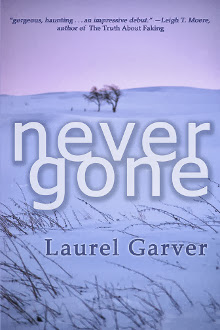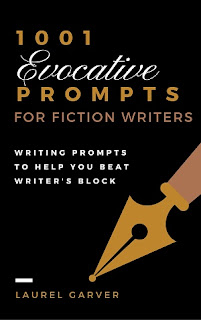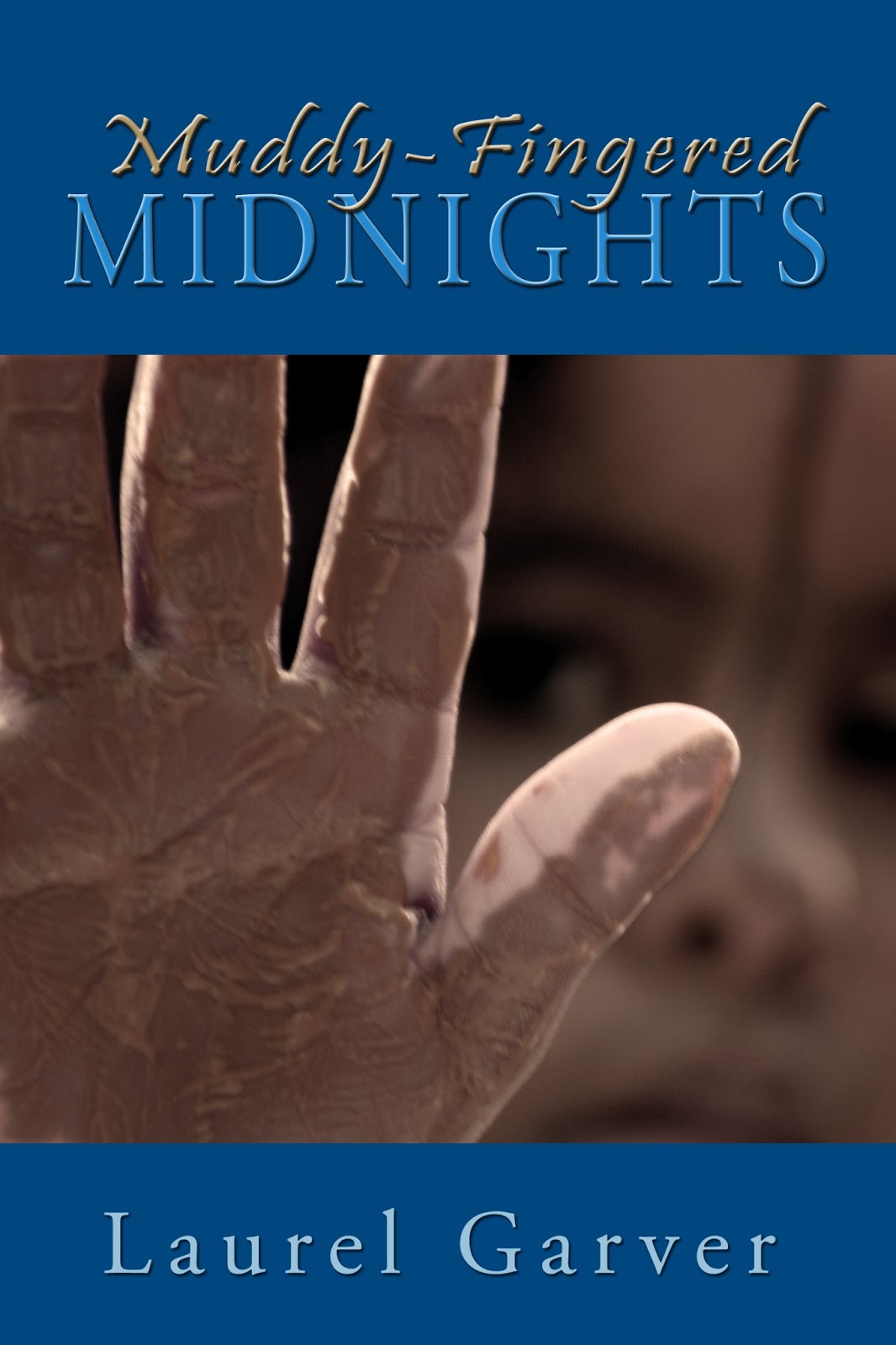Today, I'm going to cover some of the basics of expressing ownership in writing, because it's something I frequently see mangled in shop windows, on billboards, and in manuscripts.
These rules apply to NOUNS only. For the rules on possessive pronouns, see this post: It's your day to master tricky possessives.
John's box
Yeats's poems
Dickens's novels
Josh's guitar
Dax's leadership
Inez's marimba
Some style guides make an exception for certain Greek names ending in S: Jesus' life, Demosthenes' pebbles. If you chose to do this, be consistent.
~Most simply take an S (including names that end with a Y)
~Words and names ending with a sibilant sound such as CH, S, SH, X or Z take an ES ending
~Many common nouns ending in Y take an IES ending
~Some semi-irregular nouns will change the final consonant and take an ES
~Certain Latin words will switch from IS to ES
~Irregular nouns will mutate, including some Latin, Greek, and French words.
When in doubt, look it up. Here's a useful list of oddball plural forms.
With plural nouns ending in s, indicate ownership by adding an apostrophe alone.
For irregular plurals that don't end in an S, indicate ownership by adding an apostrophe and an S (just like a singular noun).
Some examples are below.
With a simple ending:
girls' first win
games' culmination
magicians' secrets
Smiths' deck
Grants' party
boys' turn
turkeys' pen
O'Reillys' bar
With a sibilant ending:
boxes' contents
fezzes' tassels
churches' service times
Rosses' ranch
Collinses' house
Mirouxes' vineyard
Sanchezes' boat
Y ending common nouns:
babies' cribs
puppies' owners
categories' rules
deliveries' arrival
Semi-irregular nouns:
(loaf) loaves' ingredients
(wife) wives' opinions
(elf) elves' fortress
(matrix) matrices' origins
Latin end-vowel changers:
(crisis) crises' causes
(parenthesis) parentheses' color
(oasis) oases' merchants
Irregular nouns:
(mouse) mice's cages
(goose) geese's nests
(ox) oxen's stalls
(child) children's menu
(man) men's restroom
(medium) media's constraints
(curriculum) curricula's format
(fungus) fungi's characteristics
(beau) beaux's names and numbers
Note: If you struggle with apostrophes, avoid giving characters first names ending in s (like Alexis or Joss) or last names ending in s, sh, ch, x or z (like Robbins, Marsh, Koch, Leax, Lopez). You'll eliminate many headaches and confusion for yourself.
For shared ownership, one apostrophe:
Jane and Jordan's new apartment
Frost and Wright's collection
Similar items that are owned (or were created) by separate people or entities take multiple apostrophes:
Kimball's and Jones's books on the Civil War
Girls' and boys' locker rooms
Owen's and the Mosses' cars
With mixed combinations (like a single person and a couple), make the number of apostrophes match the number of items:
The tree fell on Tim's and Dave and Becky's houses.
Two houses, two apostrophes.
Probably the most common errors occur with names ending in S where it's unclear whether you're dealing with one person or a group. You can go to Ross's house or the Rosses' house, but please don't ever talk about Ross' house. It's just confusing.
Which of these things tend to trip you up?
These rules apply to NOUNS only. For the rules on possessive pronouns, see this post: It's your day to master tricky possessives.
 |
| photo by Jade, morguefile.com |
Singular nouns
To indicate ownership, add an apostrophe and S to singular nouns (no matter what the ending consonant) Some examples are below.John's box
Yeats's poems
Dickens's novels
Josh's guitar
Dax's leadership
Inez's marimba
Some style guides make an exception for certain Greek names ending in S: Jesus' life, Demosthenes' pebbles. If you chose to do this, be consistent.
Plural nouns
First, correctly form the plural.~Most simply take an S (including names that end with a Y)
~Words and names ending with a sibilant sound such as CH, S, SH, X or Z take an ES ending
~Many common nouns ending in Y take an IES ending
~Some semi-irregular nouns will change the final consonant and take an ES
~Certain Latin words will switch from IS to ES
~Irregular nouns will mutate, including some Latin, Greek, and French words.
When in doubt, look it up. Here's a useful list of oddball plural forms.
With plural nouns ending in s, indicate ownership by adding an apostrophe alone.
For irregular plurals that don't end in an S, indicate ownership by adding an apostrophe and an S (just like a singular noun).
Some examples are below.
With a simple ending:
girls' first win
games' culmination
magicians' secrets
Smiths' deck
Grants' party
boys' turn
turkeys' pen
O'Reillys' bar
With a sibilant ending:
boxes' contents
fezzes' tassels
churches' service times
Rosses' ranch
Collinses' house
Mirouxes' vineyard
Sanchezes' boat
Y ending common nouns:
babies' cribs
puppies' owners
categories' rules
deliveries' arrival
Semi-irregular nouns:
(loaf) loaves' ingredients
(wife) wives' opinions
(elf) elves' fortress
(matrix) matrices' origins
Latin end-vowel changers:
(crisis) crises' causes
(parenthesis) parentheses' color
(oasis) oases' merchants
Irregular nouns:
(mouse) mice's cages
(goose) geese's nests
(ox) oxen's stalls
(child) children's menu
(man) men's restroom
(medium) media's constraints
(curriculum) curricula's format
(fungus) fungi's characteristics
(beau) beaux's names and numbers
Note: If you struggle with apostrophes, avoid giving characters first names ending in s (like Alexis or Joss) or last names ending in s, sh, ch, x or z (like Robbins, Marsh, Koch, Leax, Lopez). You'll eliminate many headaches and confusion for yourself.
Mixed groups
Generally you want the same number of apostrophes as items possessed.For shared ownership, one apostrophe:
Jane and Jordan's new apartment
Frost and Wright's collection
Similar items that are owned (or were created) by separate people or entities take multiple apostrophes:
Kimball's and Jones's books on the Civil War
Girls' and boys' locker rooms
Owen's and the Mosses' cars
With mixed combinations (like a single person and a couple), make the number of apostrophes match the number of items:
The tree fell on Tim's and Dave and Becky's houses.
Two houses, two apostrophes.
Probably the most common errors occur with names ending in S where it's unclear whether you're dealing with one person or a group. You can go to Ross's house or the Rosses' house, but please don't ever talk about Ross' house. It's just confusing.
Which of these things tend to trip you up?













